Understanding Different Cultural Traditions
An Overview of Ramadan
Photo taken by Akhlaque Haque, via Wikemedia Commons, fair use.
During break of fasting (Iftar) food vendors are seen all around corner streets selling delicious snacks. The vendors compete by seeking customers attention with fanfare.
May 15, 2019
Ramadan is a holy month that Muslims celebrate. The basic idea is that all people that believe in the Muslim faith and are older than the age of 13 are supposed to fast (not eating any food or drink any beverages) from sun rise to sun down.
There are also some exceptions to fasting. If you are sick and it is necessary for you to take medicine on a daily basis then your fasting is excused. Also some pregnant women are also excused because it is dangerous to starve the baby. Pro-athletes also skip some days if they have a big game because there are stories of Muslim athletes passing out from dehydration. Now if someone misses a day of fasting they will need to make it up at the end of the month so it is like they never missed it.
The whole purpose of Ramadan is to have a tighter connection with God; it is to show that their faith is very strong. People that drink or smoke have a difficult time with this journey. For ones Ramadan prayers to count they have to stop using any type of drug that manipulates their thoughts and actions 40 days before Ramadan, and then another 30 days of Ramadan. Ramadan is also to help people get rid of bad or unhealthy habits and to teach people they are strong enough to get over an addiction.
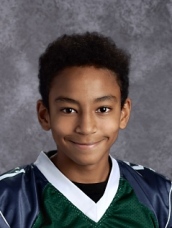
Muslims learn how the poor and hungry feel, they learn to stay humble, they learn self-control, and they try to avoid listening to or saying bad words.
— Adam Abibi
Fasting is one of the five pillars of Islam. Muslims read more of the Qur’an in Ramadan. They have long prayers called taraweeh every night. They also give food and money to the poor. Families invite each other to iftar, which is a dinner to break the fast at sunset. They also wake up very early to eat suhoor, which is a meal before sunrise to help them fast the whole day.
They learn many life lessons from Ramadan. Muslims learn how the poor and hungry feel, they learn to stay humble, they learn self-control, and they try to avoid listening to or saying bad words. God gives them ajr, or reward, for fasting in Ramadan. Muslims believe that God gives heaven to the ones that fast during Ramadan and that Muslims who fast enter heaven through a gate called Ar-Rayyan.
This year Ramadan is officially over on Tuesday June 4th. Eid, is the celebration of the ending of Ramadan. This day has a particular prayer that has two different parts to it; they are short prayers. They are usually done in fields or large halls. Each mosque funds their own Eid. The mosques usually have lots of food and activities for the children. Some families leave after the payer and celebrate it on their own with friends.
Muslims are not the only ones to fast. In Judaism they also fast as a tool for repentance, an expression of mourning, or supplication. Christians also fast during Lent and Holy Week leading to Easter.
Hope you guys learned something new.

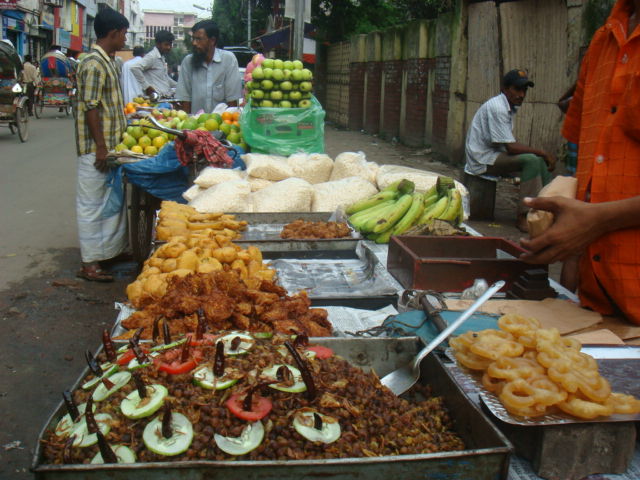
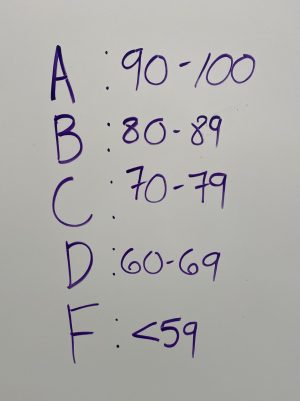
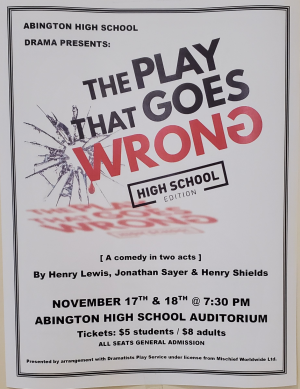

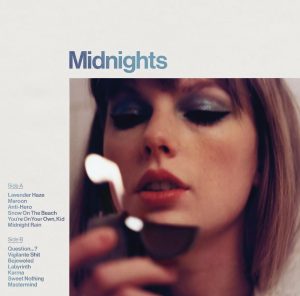


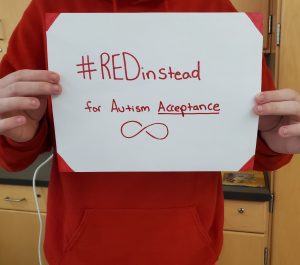


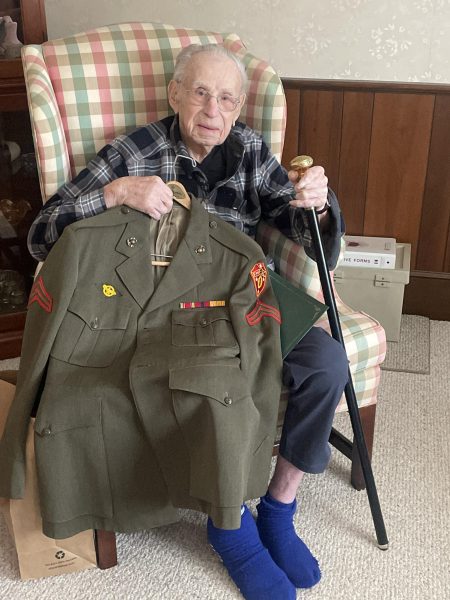
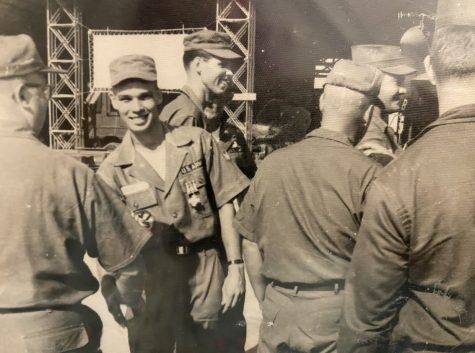


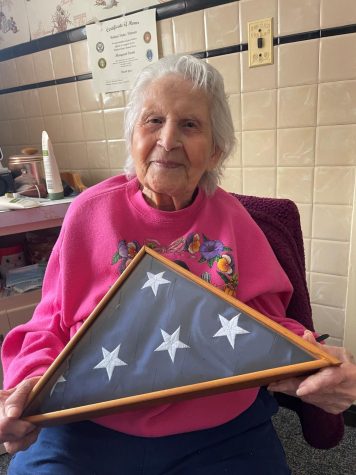
Marilyn Weber • May 16, 2019 at 8:58 AM
It’s helpful to read about how cultures have many similarities. Thank you for that informative explanation!
Chrissy Mulkern • May 16, 2019 at 6:27 AM
I love learning about different cultural traditions! I really enjoyed this story! Great job!